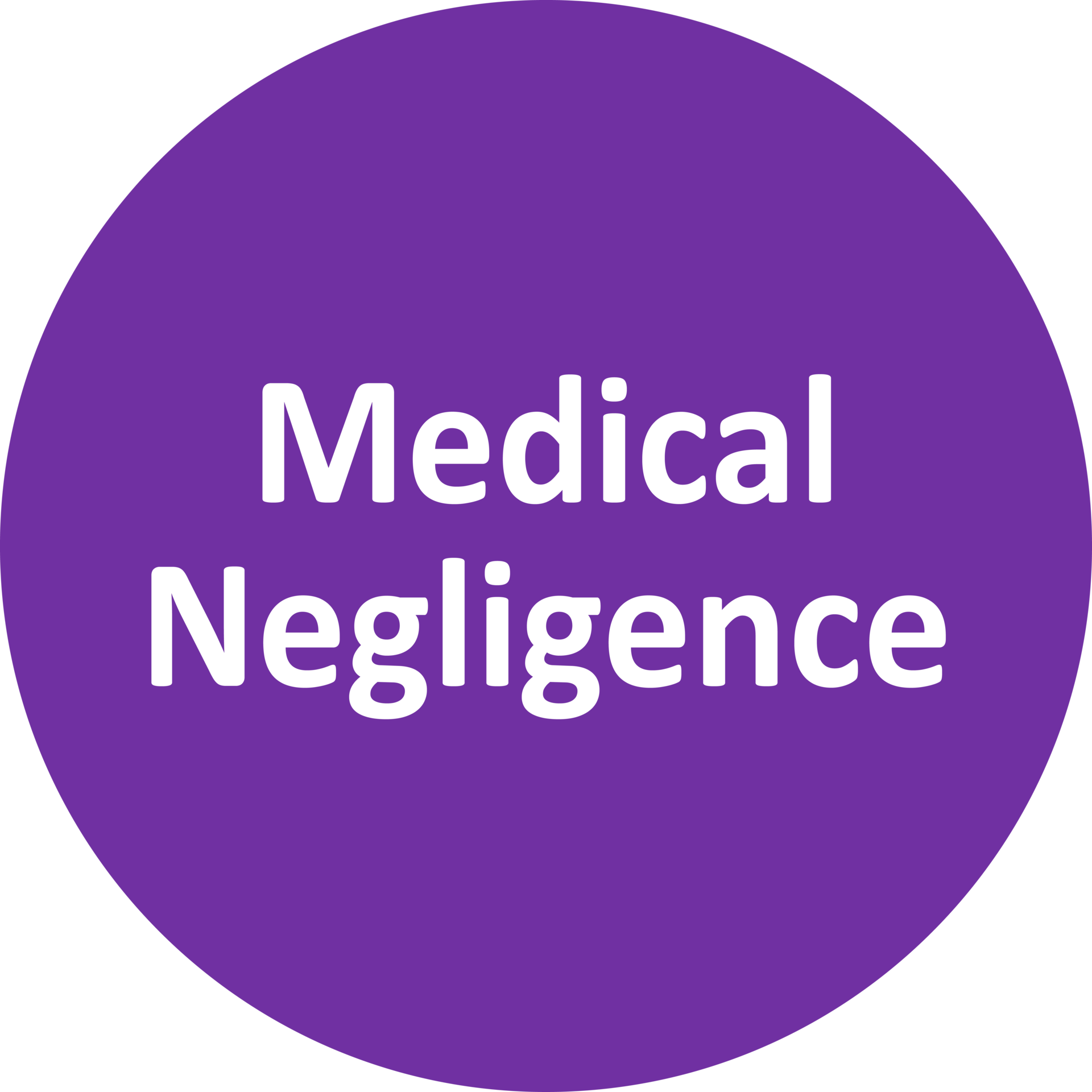What do I need to do to make a Personal Injury claim?
Posted on 13th June 2019
Do's
1. Identify Witnesses – Personal Injury Solicitors know it can be difficult but getting the contact details of any witnesses is a top priority. If you are able to, then you really should try to take the names, addresses and phone numbers of all potential witnesses. Keep a copy for yourself and a copy for your Solicitor.
2. Gather Evidence – we’re certainly not asking you to don your white suit and start prodding the ground with a stick, but taking photos or videos of any injuries or damage can be incredibly helpful later down the line. Remember, the incident scene may not be the same the next day, and so gather as much evidence as you can, as soon as you have been injured.
3. Report your accident – sounds obvious doesn’t it?! You would be surprised how many people fail to report accidents but get yourself on the phone to the Police, Local Authority and don’t forget your Insurance Company (in the case of a road traffic accident). Remember if you don’t report you may be denied the opportunity to claim compensation!
4. Seek Legal Advice – appoint a reputable, professional Solicitor to guide you through the process of making a personal injury claim as soon as possible.
5. Seek immediate medical attention – ensure you visit your doctor or A & E if your injuries require it. Your personal injury solicitor will ensure that the notes from A&E/GP are obtained prior to a medical report being prepared, explaining the injuries you have suffered.
6. Keep a written diary – as events unfold be sure to keep a diary. You may experience new challenges within your daily life both physical and mental. Mowing the lawn or bathing may seem either impossible, post incident, or at the very least, a lot more difficult. It is also useful to keep a list, alongside any receipts, of costs which have been incurred as a result of your injury (such as parking tickets for hospital appointments or modifications which have been carried out around the home). A diary such as this could be very useful should your claim go to Court.
Don’t's
1. Don’t settle your claim with your insurance company – the insurance company may try to get you to settle for a much lower figure. Always seek advice from an independent personal injury solicitor.
2. Don’t wait – try to instruct a personal injury solicitor as soon as possible after the accident. Loss adjusters will ask difficult questions and will try to lower the value of your claim. For the best possible outcome for yourself you must instruct local personal injury professionals as soon as possible.
3. Don’t delay medical treatment – by delaying medical treatment it could undervalue or undermine the severity of your claim. Not to mention the fact that it is important for your safety and well being to get checked out as soon as possible.
4. Don’t automatically use your insurance companies’ solicitors – you want the best possible settlement for you not your insurance company so be sure to look for a personal injury solicitor who meets your needs!
5. Don’t settle your claim without a full medical report – you don’t know how bad your injuries are until you have had the medical report. You wouldn’t agree to buy a house you don’t know anything about so why settle on your claim until you know the full extent of your injuries? Often insurance companies will want a quick settlement and try to pressure you into a cheap, early settlement. Always wait for your medical report!
6. Don’t sign documents – never sign any documents or medical authorisations without speaking to your personal injury solicitor first. You never know what you are unwittingly signing!
Preston’s Personal Injury Solicitors, MG Legal, will always put your needs first. If you need to instruct a Solicitor who will look after your needs for now and the future call 01995 602 129 or email enquiries@mglegal.co.uk.
MG Legal - Your Local Solicitors
Tagged as: Accident Injury Solicitors, Best Medical Negligence Solicitors, Best Personal Injury Solicitors, Garstang Solicitors, Lancaster Law, Longridge Solicitors, Personal Injury Solicitors Manchester, Preston Law, Your Local Solicitors
Share this post:








